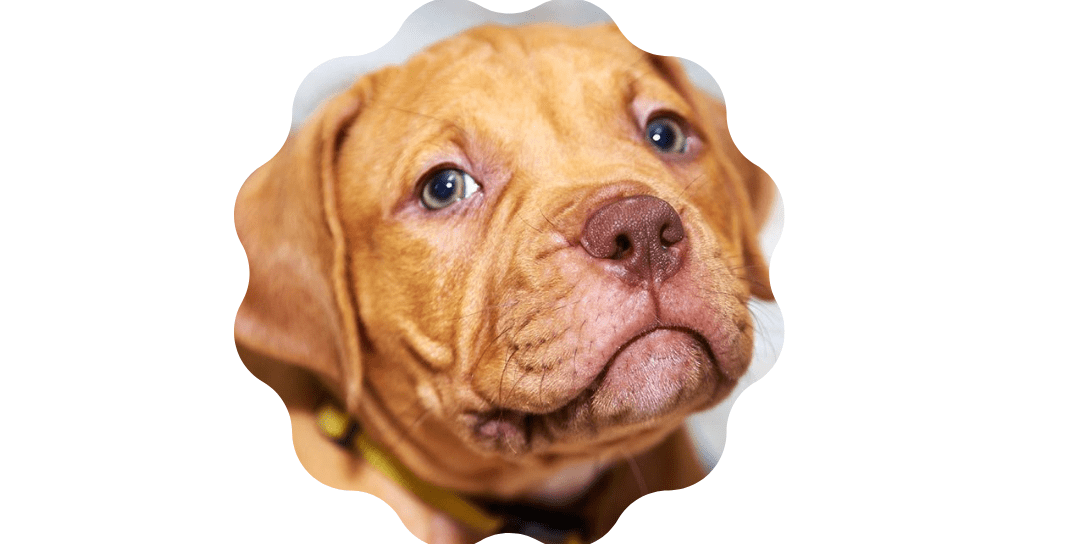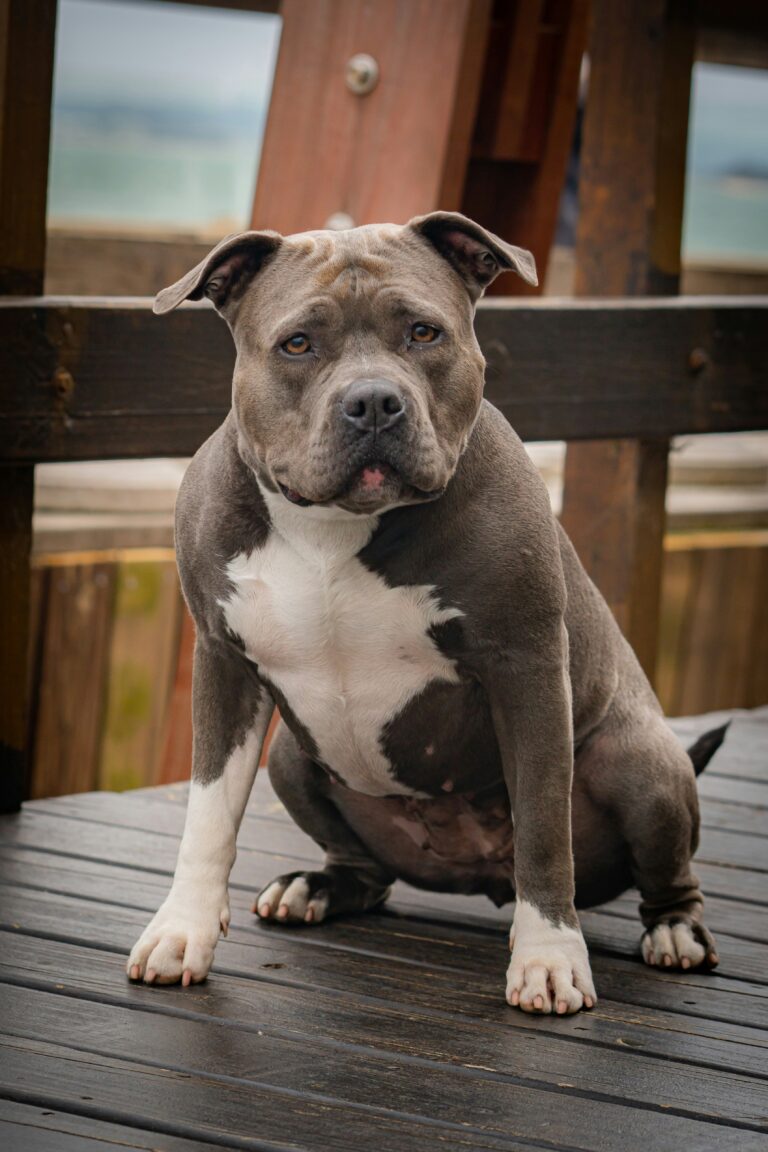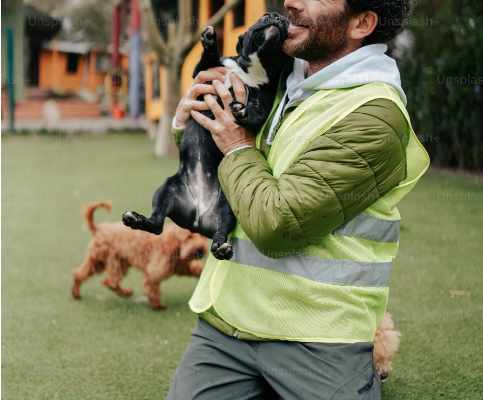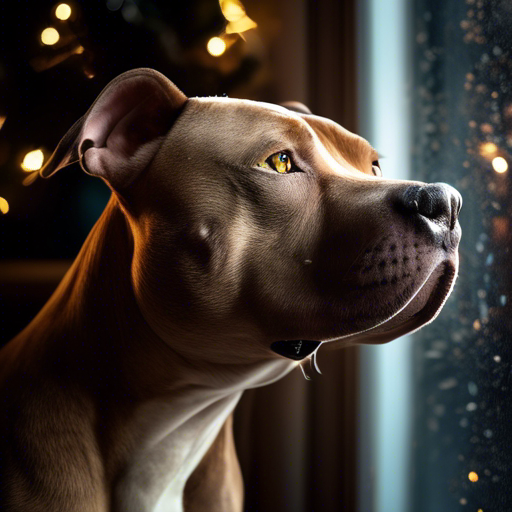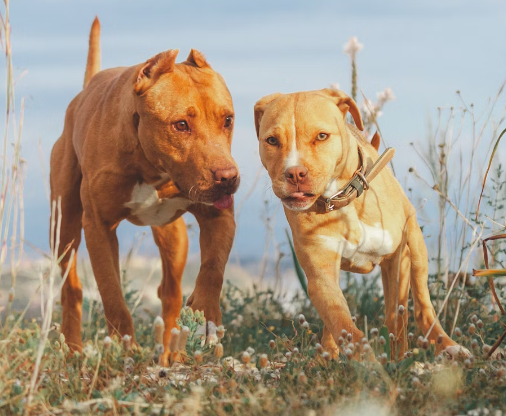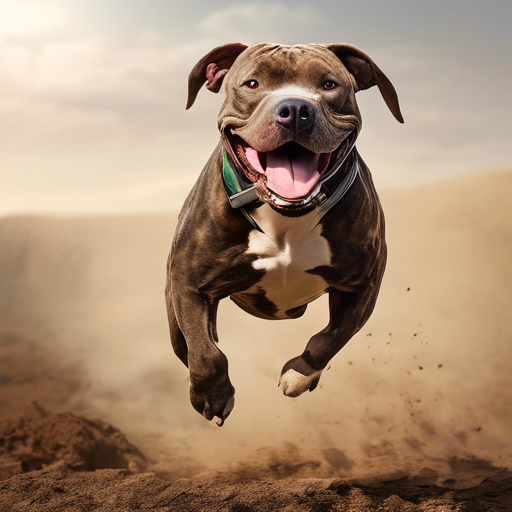Different Health Issues In Red Nose Pitbull
Red Nose Pitbulls, known for their loyalty and affectionate nature, are beloved companions in many households. However, like all breeds, they are prone to certain health issues that owners should be aware of to ensure their well-being. In this article, we’ll delve into the common health concerns affecting Red Nose Pitbulls and discuss preventive measures and treatment options.
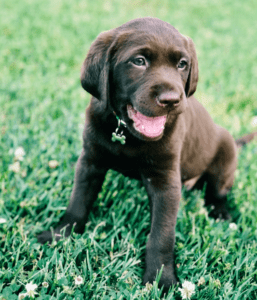
Common Health Issues in Red Nose Pitbulls
Genetics and Breeding
Genetic predispositions can contribute to various health conditions in Red Nose Pitbulls. Irresponsible breeding practices may exacerbate these issues, leading to ailments such as hip dysplasia and congenital heart defects.
Skin Conditions
Red Nose Pitbulls are susceptible to skin allergies and irritations. Environmental factors, food sensitivities, or parasites can trigger dermatological issues, manifesting as redness, itching, or hot spots.
Joint Problems
Due to their muscular build, Red Nose Pitbull may experience joint issues like arthritis or ligament tears. These conditions can cause pain and limit mobility, affecting their quality of life.
Allergies
Food allergies or environmental allergens can cause allergic reactions in Red Nose Pitbulls, resulting in symptoms like itching, inflammation, or gastrointestinal distress. Identifying and eliminating allergens is crucial for managing these issues.
Dental Issues
Poor dental hygiene can lead to periodontal disease, tartar buildup, and tooth decay in Red Nose Pitbull. Untreated dental problems can escalate into more severe health issues and affect their overall well-being.
Preventive Measures for Red Nose Pitbull Health
Proper Nutrition
A balanced diet tailored to their nutritional needs is essential for maintaining the health of Red Nose Pitbulls. High-quality dog food, supplemented with vitamins and minerals, supports their immune system and overall vitality.
Regular Exercise
Engaging in regular physical activity helps Red Nose Pitbulls maintain a healthy weight, strengthen muscles, and improve cardiovascular health. Adequate exercise also stimulates mental stimulation and prevents behavioral issues.
Routine Veterinary Check-ups
Scheduled visits to the veterinarian allow for early detection of health problems and timely intervention. Vaccinations, parasite control, and wellness exams are crucial aspects of preventive healthcare for Red Nose Pitbulls.
Grooming and Hygiene
Regular grooming practices, including brushing, bathing, and nail trimming, help keep Red Nose Pitbulls clean and comfortable. Paying attention to their ears, eyes, and skin also aids in early detection of potential health issues.
Recognizing Symptoms
Skin Redness or Irritation
Persistent scratching, redness, or inflammation of the skin may indicate underlying dermatological issues in Red Nose Pitbulls.
Limping or Difficulty Moving
Changes in mobility, such as limping or reluctance to exercise, could signify joint problems or musculoskeletal injuries.
Persistent Scratching or Biting
Excessive scratching, licking, or chewing of their body parts may indicate skin allergies, infections, or parasites in Red Nose Pitbulls.
Excessive Drooling or Bad Breath
Unusual drooling or foul breath may signal dental problems or gastrointestinal issues that require veterinary attention.
Treatment Options
Medication
Prescription medications, such as anti-inflammatories or antibiotics, may be prescribed to alleviate symptoms and treat underlying health conditions in Red Nose Pitbulls.
Dietary Supplements
Supplements like glucosamine or omega-3 fatty acids can support joint health and reduce inflammation in Red Nose Pitbulls with arthritis or joint issues.
Physical Therapy
Physical rehabilitation techniques, including massage, hydrotherapy, and therapeutic exercises, can help improve mobility and alleviate pain in Red Nose Pitbulls recovering from injuries or surgeries.
Surgery
In severe cases, surgical intervention may be necessary to address orthopedic issues or remove tumors in Red Nose Pitbulls. Surgical procedures should be performed by qualified veterinarians in specialized facilities.
Creating a Safe Environment
Removing Hazards
Eliminating potential hazards from their environment, such as toxic plants, sharp objects, or small choking hazards, minimizes the risk of accidents or injuries for Red Nose Pitbulls.
Providing Comfortable Living Spaces
Creating designated areas for rest and relaxation ensures that Red Nose Pitbulls have comfortable spaces where they can retreat and feel secure.
Supervised Playtime
Engaging in supervised play sessions with Red Nose Pitbulls promotes physical activity, socialization, and mental stimulation while minimizing the risk of injuries or conflicts with other pets.
Socialization
Exposing Red Nose Pitbulls to various environments, people, and animals from a young age helps build confidence, reduces anxiety, and fosters positive behavior traits.
Importance of Early Detection
Regular Monitoring
Observing changes in behavior, appetite, or physical appearance allows owners to detect health issues early and seek prompt veterinary care for Red Nose Pitbulls.
Prompt Veterinary Attention
Consulting with a veterinarian at the first sign of illness or discomfort ensures timely diagnosis and appropriate treatment for Red Nose Pitbulls, preventing the progression of health problems.
Understanding Breed-Specific Risks
Awareness of breed-specific health concerns enables owners to proactively address potential issues and implement preventive measures to safeguard the well-being of Red Nose Pitbulls.
The Role of Responsible Ownership
Education and Awareness
Educating oneself about the breed, its health needs, and responsible ownership practices is essential for providing optimal care for Red Nose Pitbulls.
Commitment to Care
Dedication to providing proper nutrition, healthcare, exercise, and companionship demonstrates responsible ownership and enhances the quality of life for Red Nose Pitbulls.
Advocacy for Breed Health
Supporting initiatives that promote responsible breeding practices, genetic testing, and breed-specific health research contributes to the overall well-being and longevity of Red Nose Pitbulls.
Conclusion
In conclusion, while Red Nose Pitbulls are affectionate and loyal companions, they are susceptible to various health issues that require proactive management and care. By understanding the common health concerns, implementing preventive measures, and prioritizing their well-being, owners can ensure that Red Nose Pitbulls lead happy, healthy lives.
